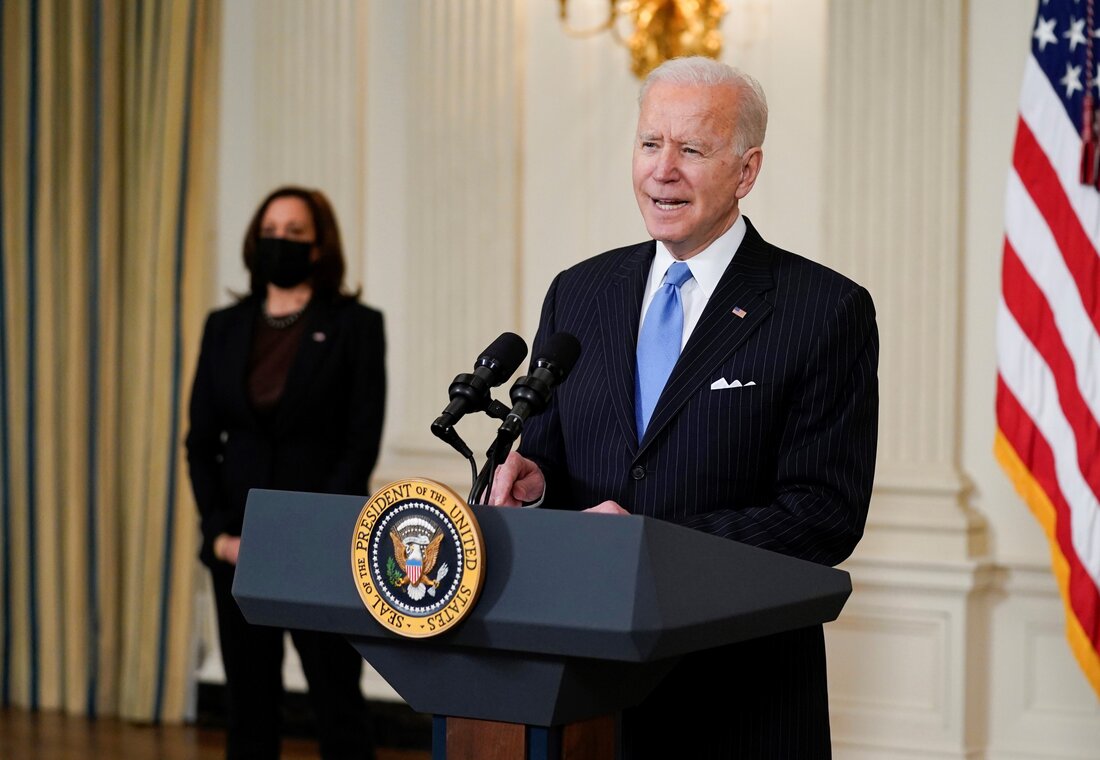Judge Rules Biden Can’t Imprison Pro-Life Father for Protesting Abortion
In a significant judicial decision, a federal judge ruled that President Biden’s administration cannot imprison a pro-life advocate for participating in an anti-abortion protest.
The case, which has attracted considerable attention, underscores the ongoing tension between pro-life advocates and federal authorities over the limits of free speech and protest rights.
Background and Context
The case centers on Mark Houck, a father and prominent pro-life advocate, who participated in a peaceful protest outside an abortion clinic.

Houck’s actions led to a legal confrontation with federal authorities, who sought to imprison him under charges that critics argue were politically motivated and aimed at silencing dissent against abortion policies.
Houck was accused of violating the Freedom of Access to Clinic Entrances (FACE) Act, which prohibits the use of force, threat of force, or physical obstruction to injure, intimidate, or interfere with anyone obtaining or providing reproductive health services. However, supporters of Houck contend that his actions were non-violent and constitutionally protected under the First Amendment.
Judicial Ruling
The federal judge’s decision to dismiss the charges against Houck marks a significant victory for pro-life advocates. In the ruling, the judge emphasized the importance of protecting free speech and the right to protest, especially when the actions in question do not involve violence or threats. The judge also highlighted the need for the government to balance the enforcement of the FACE Act with constitutional rights.
This ruling comes amid a broader national debate over abortion rights and the extent to which federal authorities can regulate protests and speech related to this contentious issue. Pro-life advocates have long argued that their right to protest is being unfairly restricted by federal laws and policies, while pro-choice advocates maintain that these laws are necessary to protect the safety and access of those seeking reproductive health services.
Reactions and Implications
The judge’s decision has been met with praise from pro-life groups and conservative commentators. Leif LeMahieu, a prominent commentator, tweeted, “This is a significant win for free speech and the pro-life movement. The government must not overreach in its efforts to suppress dissenting voices.”
BREAKING: No jail time for Dennis Green, the last of the Nashville pro-life protesters to be sentenced today. He was given three years of supervised release. Biden admin wanted one year in prison.
— Leif Le Mahieu (@leif_lemahieu) July 3, 2024
Pro-life organizations view the ruling as a reaffirmation of their constitutional rights and a setback for what they perceive as the Biden administration’s overreach.
In a statement Tuesday afternoon, Thomas More Society senior counsel Steve Crampton said he was pleased that the judge showed leniency toward Vaughn, but emphasized that “it remains the case that his conviction is a deep injustice.”
“On the anniversary of our nation’s charter declaring such rights ‘inalienable,’ Paul Vaughn and his co-defendants stand convicted of defending the inalienable right to life,” Crampton continued. “The weaponized and evidence-free charges brought here by the Biden Department of Justice against peaceful pro-lifers should have never been filed.”
“We rejoice in God’s plans,” “Because this is at the heart a spiritual battle, we are thankful to have a strong advocate in the Thomas More Society. Not only are they experts at law, but they deeply understand the spiritual battle raging across our land.”
Political and Legal Landscape
This case is part of a broader legal and political struggle over abortion rights in the United States. The Biden administration has faced criticism from conservative quarters for its stance on abortion and related issues. Critics argue that the administration’s policies are overly punitive towards pro-life advocates and seek to stifle legitimate dissent.
In the context of this ruling, it is clear that the judiciary plays a crucial role in defining the boundaries of free speech and protest. The decision underscores the importance of judicial oversight in preventing potential abuses of power by the executive branch and ensuring that constitutional rights are upheld.
As this case demonstrates, the legal battles over abortion and protest rights are far from settled. The ongoing debate will likely see further challenges and rulings that continue to shape the landscape of American civil liberties.
Conclusion
The federal judge’s ruling in favor of Mark Houck represents a notable development in the ongoing conflict over abortion rights and free speech in the United States. It highlights the delicate balance between protecting the rights of individuals to protest and ensuring the safety and access of those seeking reproductive health services.
As the national debate over these issues continues, this decision stands as a reminder of the critical role that the judiciary plays in safeguarding constitutional freedoms.
